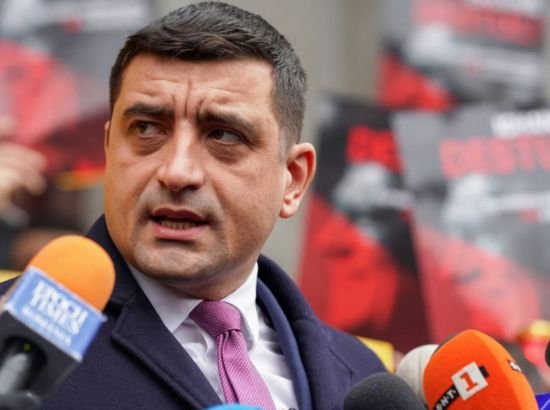
Romanians are voting again in a closely watched presidential race. The Romanian presidential election rerun follows a canceled vote last year that raised concerns over Russian interference. Far-right leader George Simion holds a strong lead in the polls, and his rise has stirred debate across the EU and NATO.
At 38, Simion leads with about 30% support. He appeals to voters frustrated by the disqualification of Călin Georgescu, whose victory in November was nullified. The constitutional court cited cyberattacks and a social media campaign linked to Russia. Georgescu now faces legal investigations and cannot run in the current vote.
Simion presents himself as a defender of Romanian sovereignty. He criticizes EU leadership and military support for Ukraine. Unlike Georgescu, he opposes Russia publicly but praises Donald Trump and his Republican allies.
Simion uses TikTok effectively, where he has over 1.3 million followers. His videos mix nationalist themes with emotional speeches and direct messages to voters. One of his recent clips declared, “Our nation will find its way again. We will move forward, united and stronger.”
His party, AUR, started as an anti-vaccine group but now pushes a broader far-right agenda. Simion has said he would bring Georgescu into the government, despite his legal troubles.
Simion holds a clear lead over his centrist opponents—Bucharest mayor Nicușor Dan and Crin Antonescu, backed by the ruling coalition. However, he is unlikely to win the 50% needed to avoid a second round. A runoff is expected on May 18.
Simion has skipped televised debates, calling the annulment of the previous vote a “coup d’état.” He says Georgescu should have been allowed to run and vows to release all records related to the canceled election if he wins.
The president holds real power over foreign policy, defense, and judicial appointments. Simion’s win could shift Romania’s pro-Western stance and affect regional ties. His calls to reclaim former Romanian territories, now in Moldova and Ukraine, have raised tensions. Both countries have banned him from entry.
Voting began at 7 a.m. and will end at 9 p.m. First exit polls will come shortly after, but counting may take longer due to votes cast abroad.